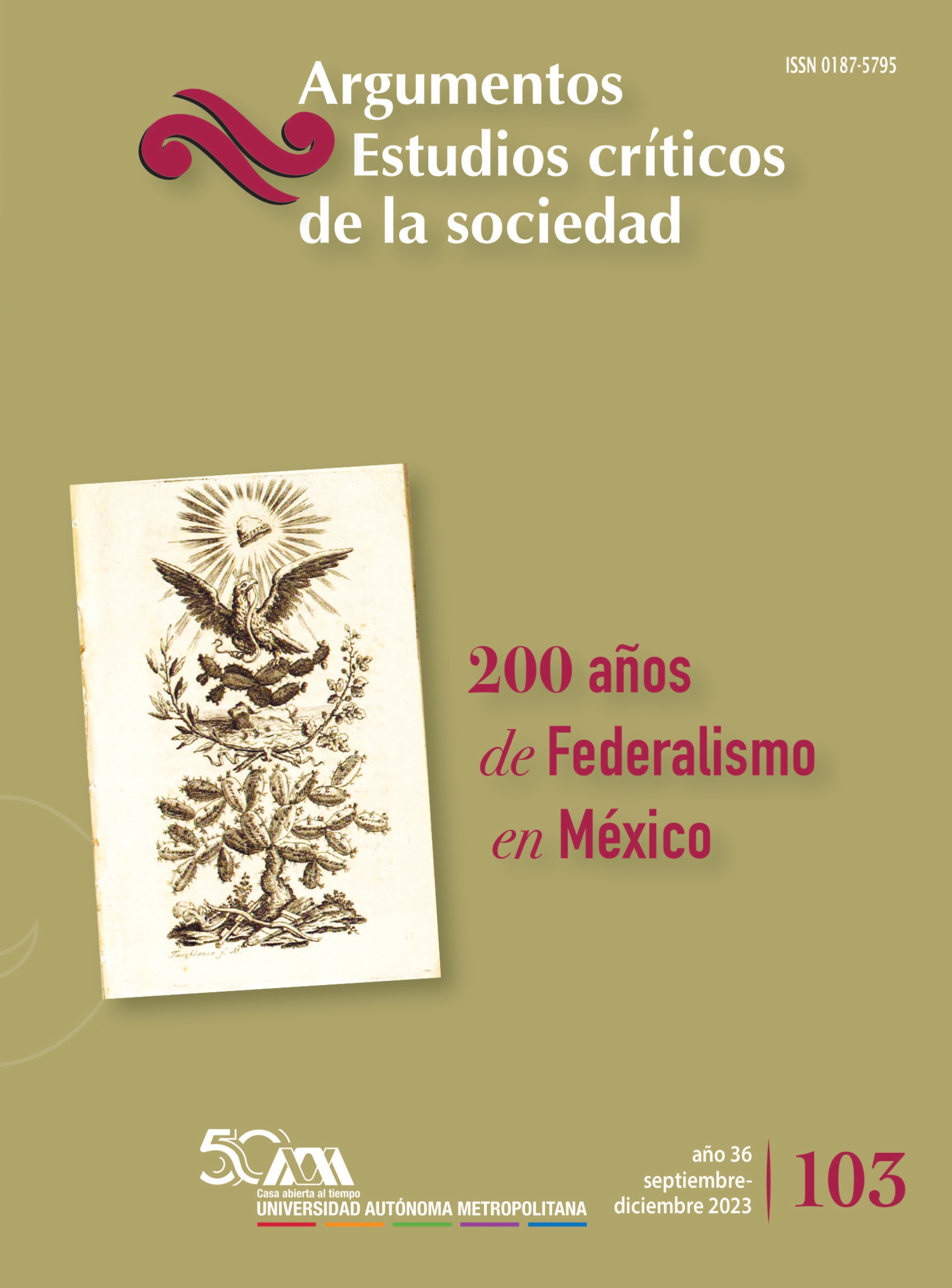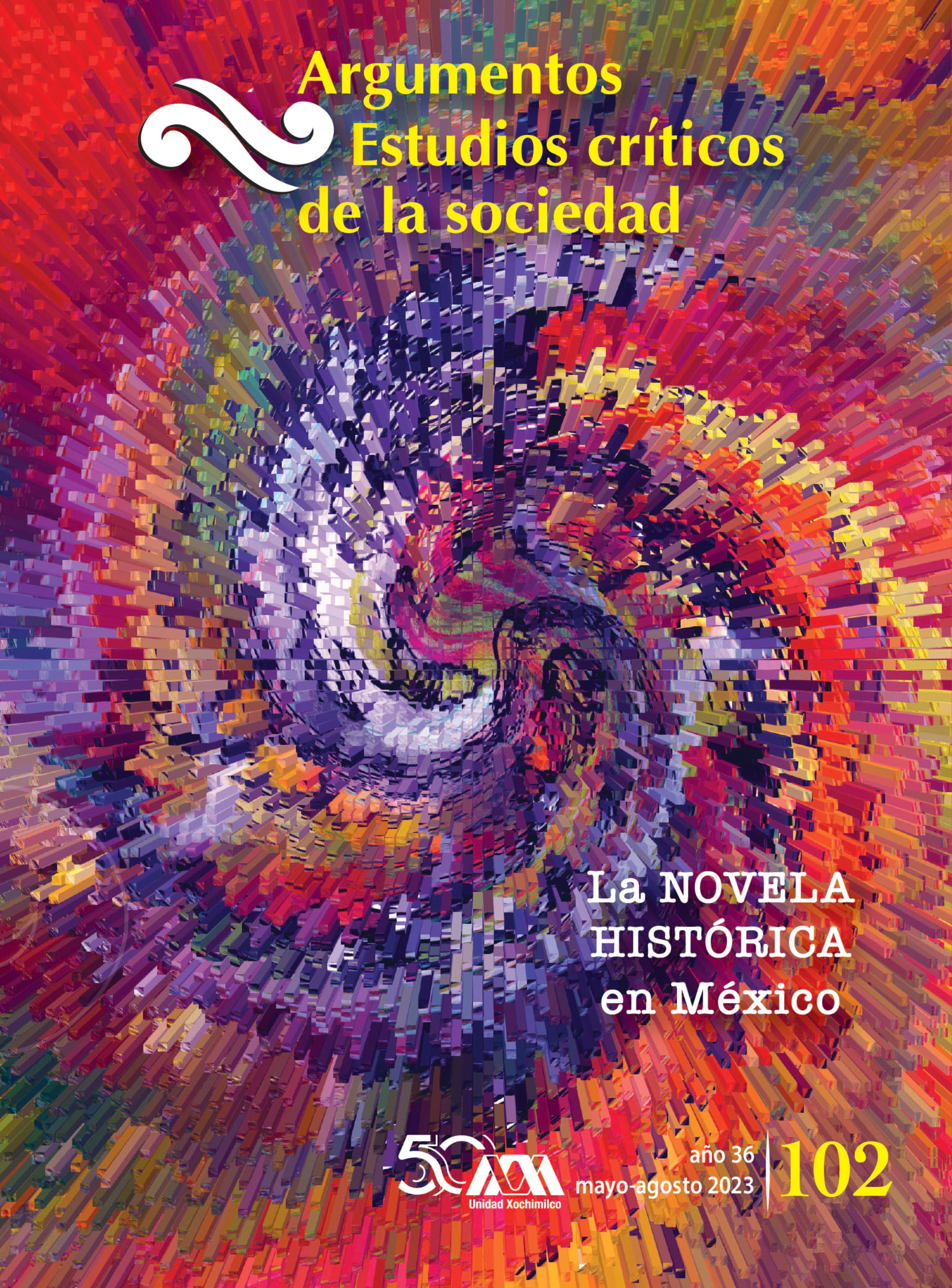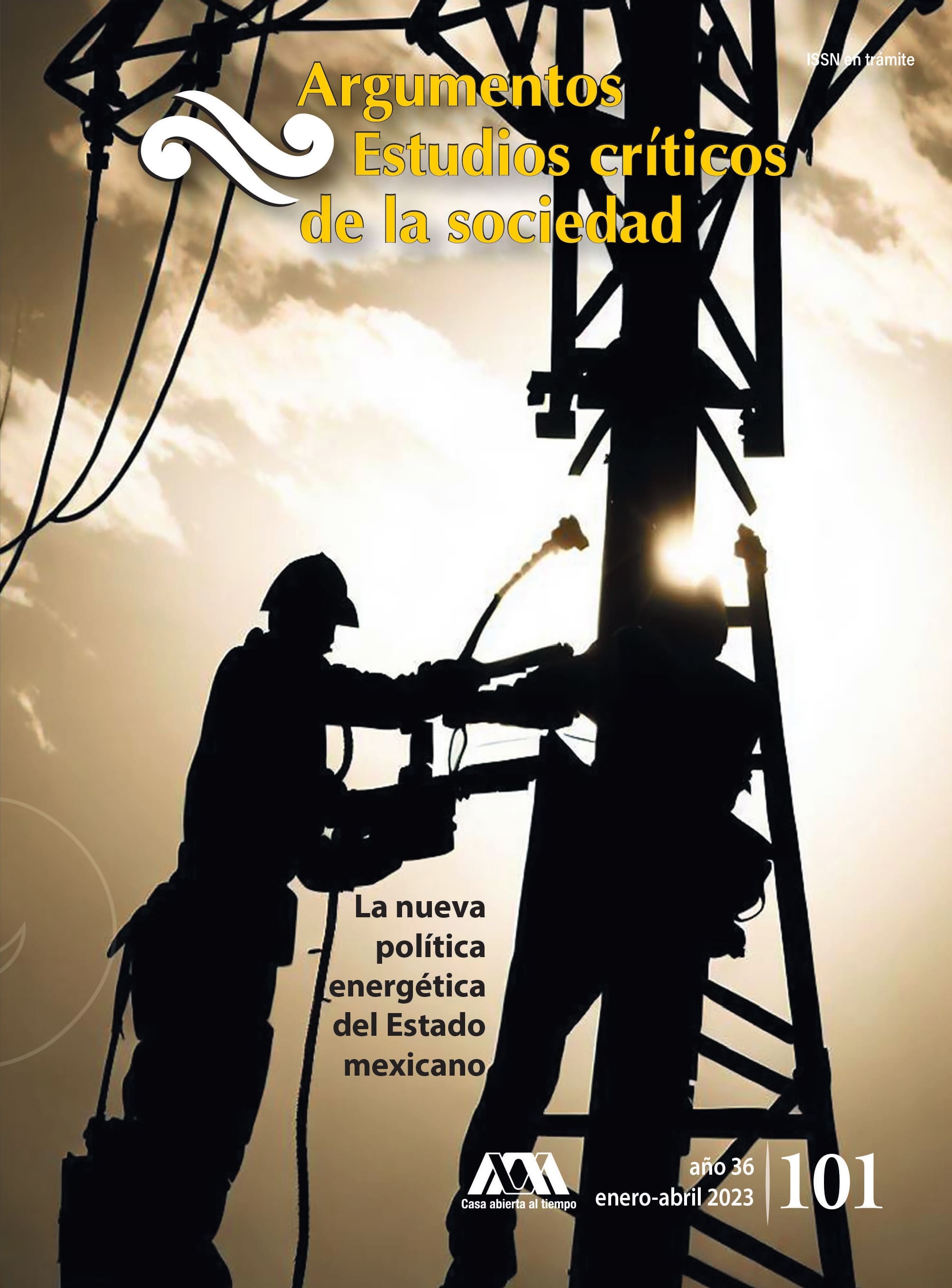Los discursos, la pandemia y las falacias
DOI:
https://doi.org/10.24275/uamxoc-dcsh/argumentos/2021961-05Keywords:
pandemic, argumentation, emotionality, reasonableness, fallaciesAbstract
Covid-19 has not been experienced as a silent event, but has generated speeches. People in confinement express their views; in some cases, they construct arguments. We analyze typical cases where logic and emotionality are combined. The arguments are inclined either towards critical thinking or towards post-truth discourse. The effects are different. We resort to the current view on logical fallacies, to disengage from the more conventional line of study of argumentation (which denies affectivity) and fallacies (in their unilateral sense). We also rely on analogical hermeneutics. The argumentation is essential for the health prevention strategy of Education and Responsibility of the population, put into practice by some nations.
References
Ayllón, J.R. (2017). ¿Qué es la verdad? Introducción a la filosofía. Madrid: Editorial Palabra.
Barceló, A.A. (2019). Falibilidad y normatividad. Un análisis filosófico de la suerte. Madrid: Cátedra.
Beuchot, M. (2018). Lecciones de hermenéutica analógica. México: UNAM.
Castilla del Pino, C. (1989). “Los discursos de la mentira”, en Castilla del Pino, C. (comp.), El discurso de la mentira. Madrid: Alianza Editorial.
Cheng, E. (2018). The art of logic in an illogical world. Nueva York: Hachette Book Group (hay traducción al español en editorial Grano de Sal)
Comesaña, J.M. (2001). Lógica informal, falacias y argumentos filosóficos. Buenos Aires: Eudeba.
García del Muro Solans, J. (2019), Good Bye, Verdad. Una aproximación a la posverdad. Lleida: Editorial Milenio.
Lacan, J. (2006). La angustia. Seminario 10. Buenos Aires: Paidós.
Nilsson, N.J. (2019). Para una comprensión de las creencias. México: Fondo de Cultura Económica.
Peirce, C.S. (2012). Obra filosófica reunida, tomo I. México: Fondo de Cultura Económica.
Piaget, J. (2001). Inteligencia y afectividad. Buenos Aires: Aique.
Russell, B. (1973). Autoridad e individuo. México: Fondo de Cultura Económica.
Santibáñez Yáñez, C. y R. Marafioti (eds.) (2008). De las falacias. Argumentación y comunicación. Buenos Aires: Editorial Biblos.
Vaughn, L. (2012). The Power of Critical Thinking. Nueva York: Oxford Universty Press.
Vega Reñon, L. y Olmos Gómez (eds.) (2011). Compendio de lógica, argumentación y retórica.Madrid: Editorial Trotta.
Vignaux, G. (2008). “Un enfoque cognitivo sobre argumentación”, en M. Doury y S. Moirand (eds.), La argumentación hoy. Encuentro entre perspectivas teóricas. Madrid: Montesinos.
Walton, Douglas (1992).The place of emotion in argument. Pennsylvania State University Press.
Warburton, N. (2000). Thinking from A to Z. Londres: Routledge (hay edición en español en Gedisa).








